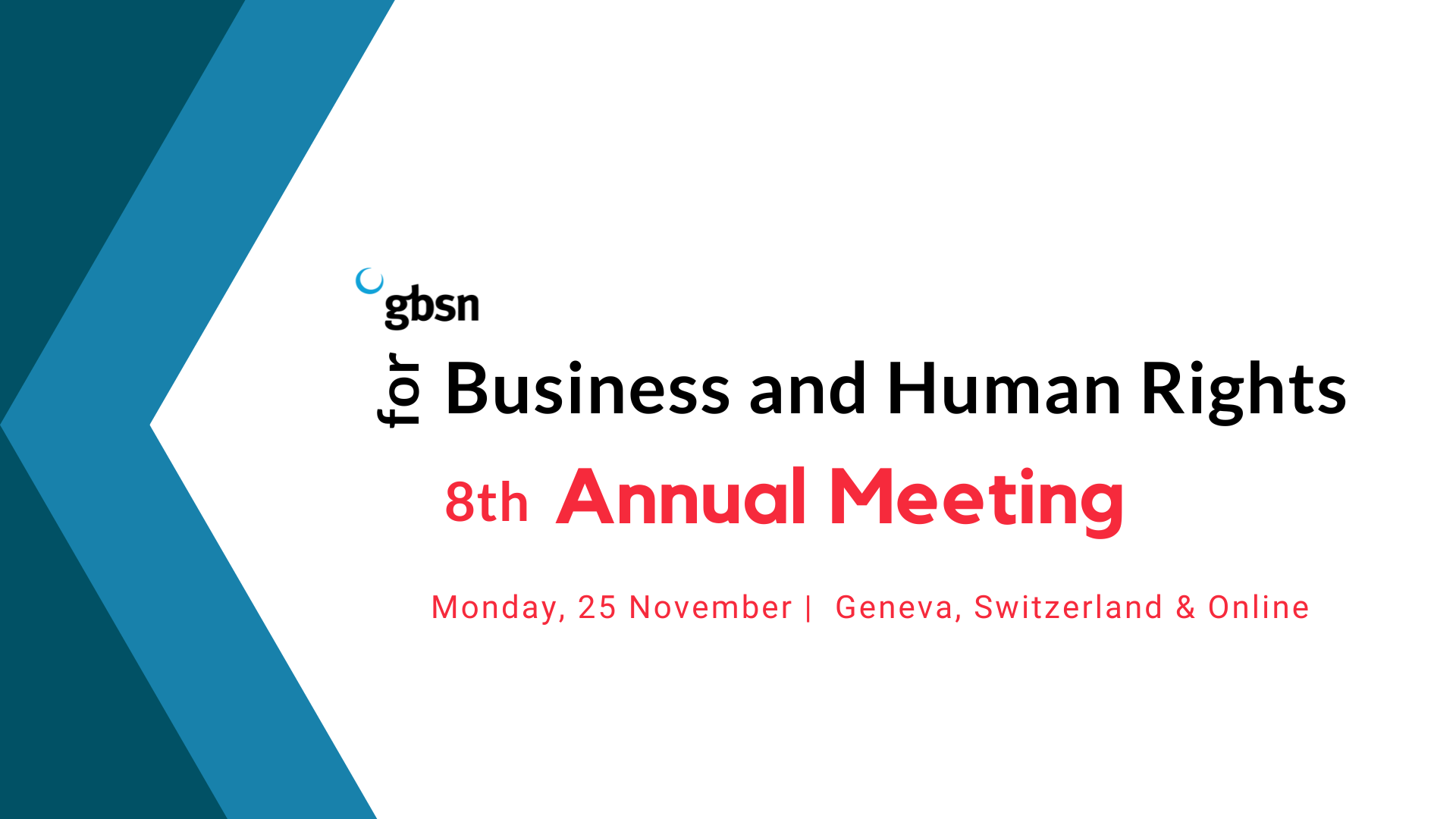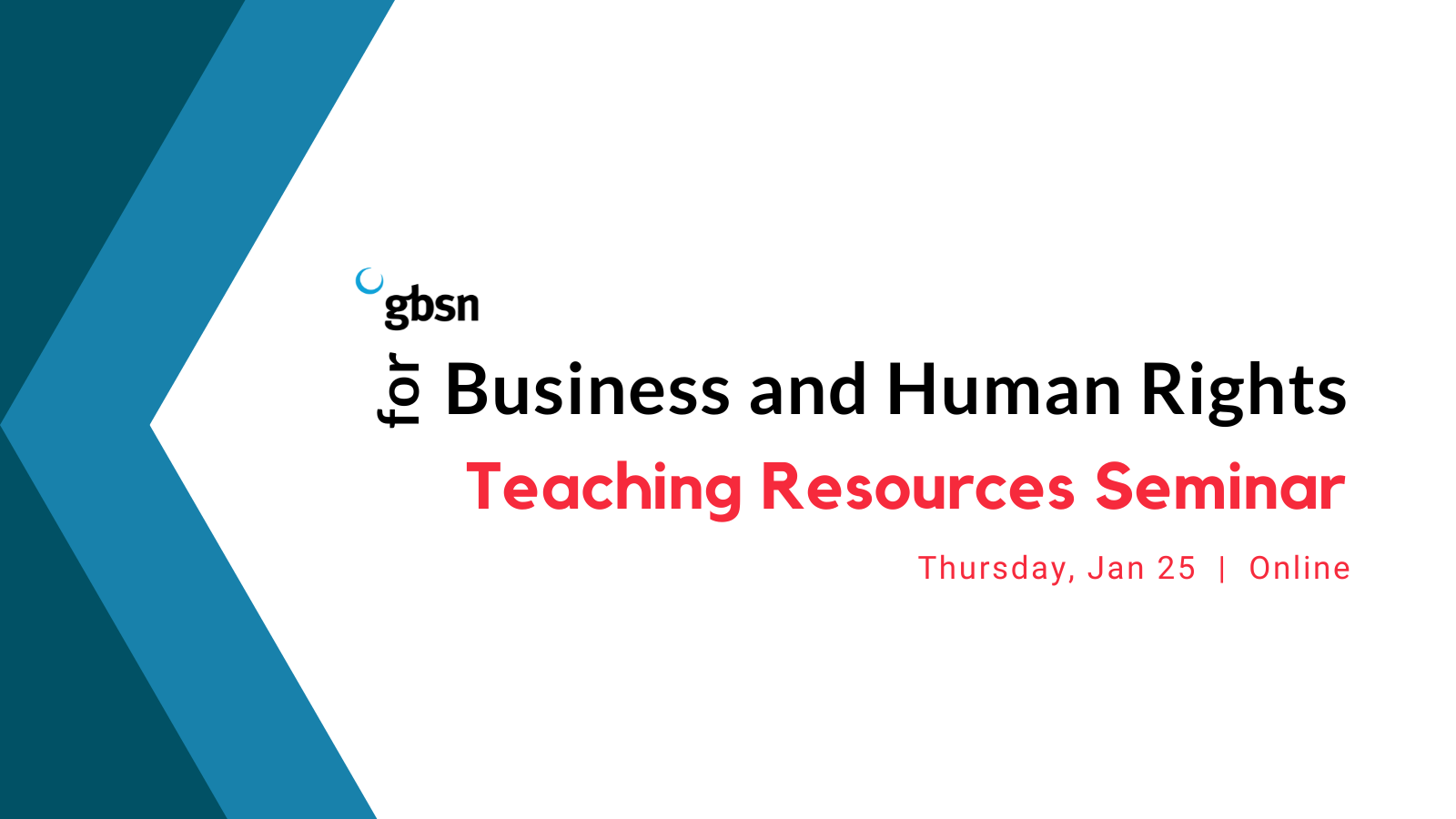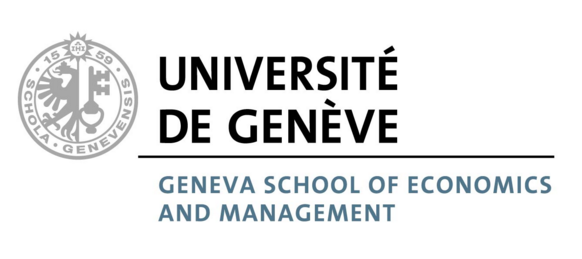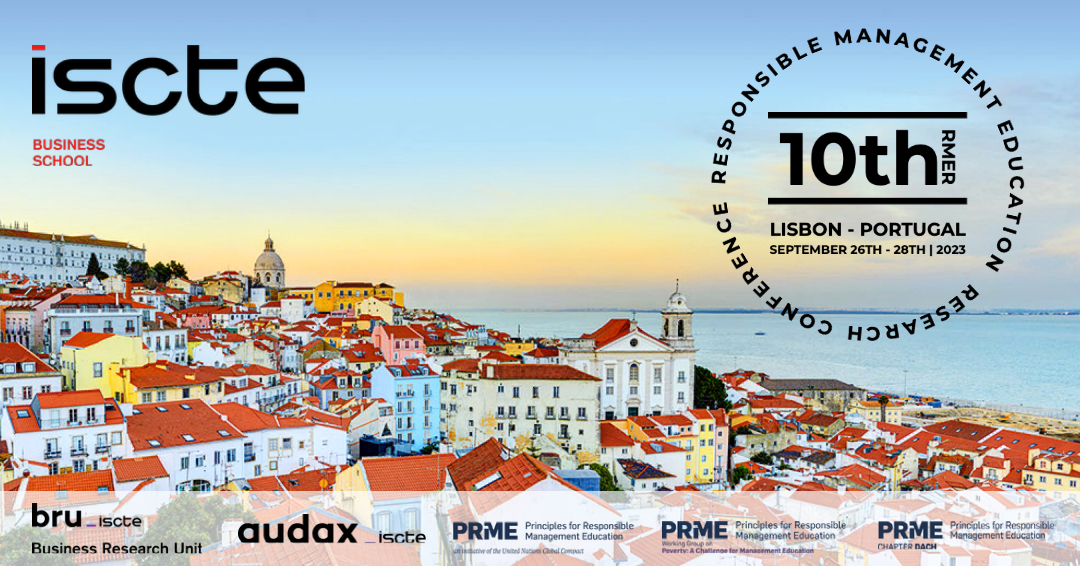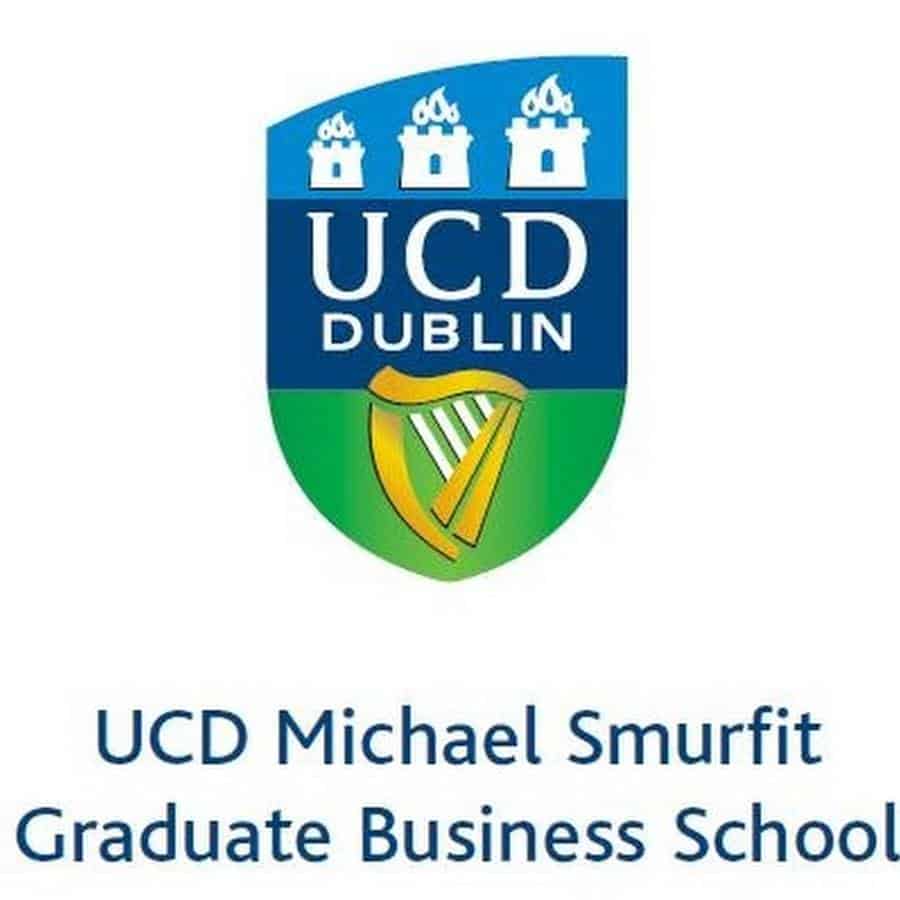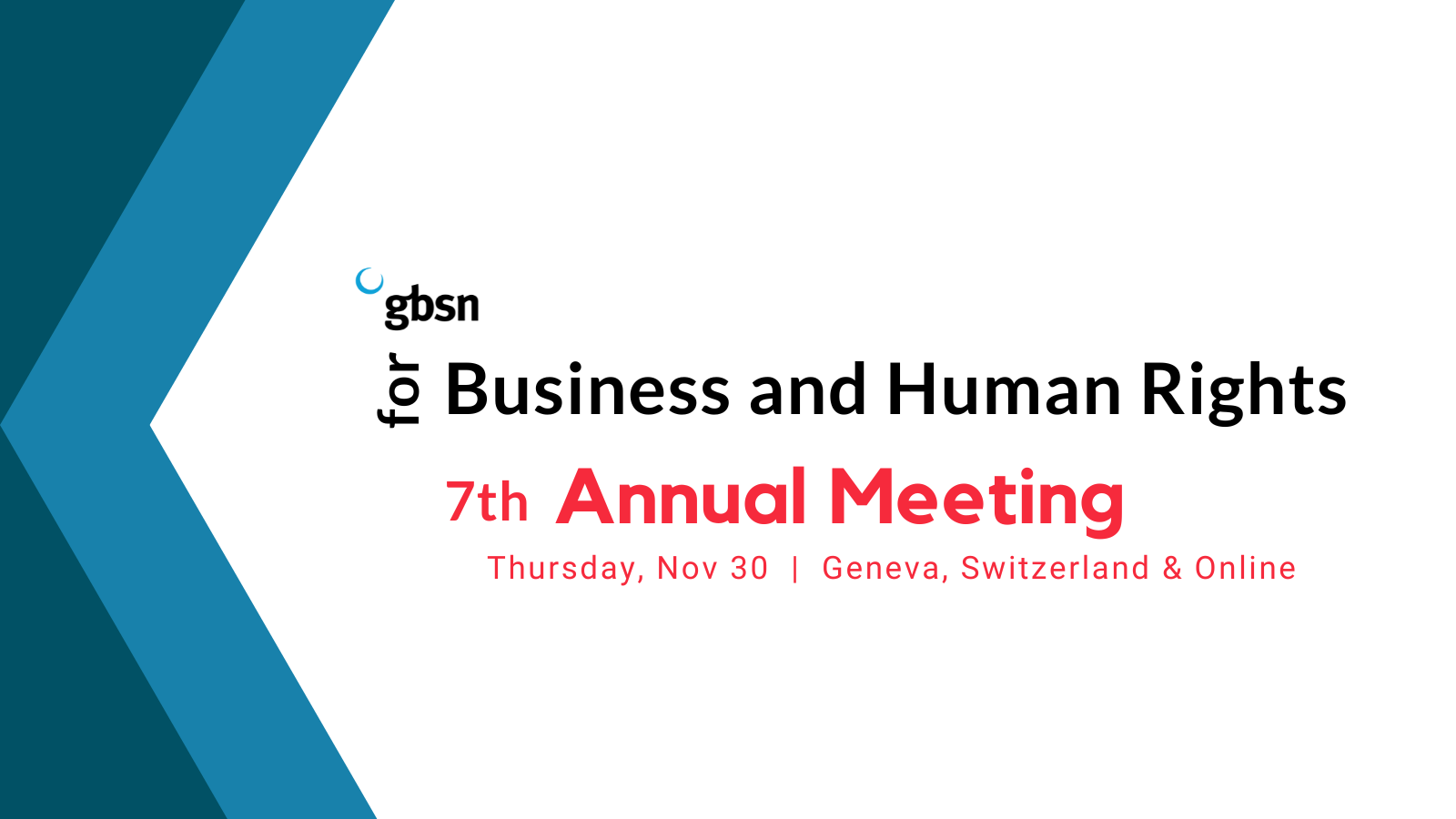
The Geneva School of Economics and Management, the NYU Stern Center for Business and Human Rights, the Alliance Business School, and the Global Business School Network invite individuals at business schools interested in integrating human rights in business school curricula to the Global Business School Network for Business and Human Rights Impact Community (GBSN for BHR) 8th Annual Meeting.
This hybrid meeting will take place at the University of Geneva, Geneva, Switzerland, on Monday, November 25. Our agenda includes a diverse range of topics, such as the integration of human rights into teaching, showcasing regional collaborations within GBSN for BHR, expanding our community’s geographical reach, and incorporating human rights principles into specialized management subdisciplines such as accounting and supply chain management. We will also delve into our public advocacy efforts.
Watch the Recording
Date & Time
Monday, 25 November 2024 from 9:00-10:30am CET
Location
Geneva, Uni Dufour, 24 Rue du Général Dufour, Room 408 / Online
Registration
We have reached our full capacity for in-person registration. We welcome you to join us for the online portion of the 8th Annual BHR Meeting.
If you experience any issues registering for this event, please email Julie LaBelle at jlabelle@gbsn.org.
Agenda *subject to change
- 8:30 – 9:00 – Coffee and networking
- 9:00 – 9:05 – Welcome
- Dorothée Baumann-Pauly (Director, GCBHR) & Michael Posner (Director, NYU Stern Center for BHR)
- 9:05 – 9:10 – Opening remarks
- Stéphane Berthet (Vice-rector, University of Geneva)
- 9:10 – 9:20 – Keynote remarks
- Volker Türk (United Nations High Commissioner for Human Rights)
- 9:20 – 9:25 – Perspective from a Head of School
- Kenneth McPhail (Head of School, Alliance Manchester Business School)
- 9:25 – 9:30 – Perspective from a multi-stakeholder initiative
- Jeff Vockrodt (President and CEO, Fair Labor Association)
- 9:30 – 10:25 – Discussion: Strategies to accelerate the integration of human rights in business education
- 9:30 – 9:40 – Leverage the new regulatory landscape
- Discussion lead:
- Björn Fasterling (Professor of Law and Business Ethics, EDHEC Business School)
- Discussion lead:
- 9:40 – 9:50 – Activating the private sector to speak up for human rights
- Discussion leads:
- Matthew Kilgarriff (Sustainability Leader; GBSN for BHR Ambassador)
- Ron Popper (CEO, Global Business Initiative on Human Rights)
- Discussion leads:
- 09:50 – 10:00 – Activating the students
- Discussion lead:
- Katrin Muff (Professor, LUISS Business School; Director, The Institute for Business Sustainability)
- Discussion lead:
- 10:00 – 10:10 – Expanding the network
- Discussion Leads:
- Hani Kamel (Professor, Qatar University)
- Charles Autheman (Lecturer, Sciences Po & HEC Paris)
- Discussion Leads:
- 10:10 – 10:25 – Other strategies
- 10:25 – 10:30 – Closing remarks
- Closing remarks by Dorothée Baumann-Pauly & Michael Posner
Interested in joining the GBSN for BHR Impact Community?
Individuals interested in joining the Global Business School Network for Business and Human Rights Impact Community should complete the online sign-up form.


